Navigating the World of Jewelry Valuation: A Comprehensive Guide
Related Articles: Navigating the World of Jewelry Valuation: A Comprehensive Guide
Introduction
With great pleasure, we will explore the intriguing topic related to Navigating the World of Jewelry Valuation: A Comprehensive Guide. Let’s weave interesting information and offer fresh perspectives to the readers.
Table of Content
- 1 Related Articles: Navigating the World of Jewelry Valuation: A Comprehensive Guide
- 2 Introduction
- 3 Navigating the World of Jewelry Valuation: A Comprehensive Guide
- 3.1 The Role of a Jewelry Valuer
- 3.2 Why Engage a Jewelry Valuer?
- 3.3 Choosing the Right Valuer
- 3.4 Frequently Asked Questions (FAQs) by Jewelry Valuers
- 3.5 Tips for Jewelry Valuers
- 3.6 Conclusion by Jewelry Valuers
- 4 Closure
Navigating the World of Jewelry Valuation: A Comprehensive Guide

The world of jewelry is captivating, filled with exquisite craftsmanship, precious materials, and enduring sentiment. However, understanding the true value of these cherished pieces can be a complex endeavor. This is where the expertise of a jewelry valuer becomes invaluable.
The Role of a Jewelry Valuer
A jewelry valuer, also known as a gemologist or jewelry appraiser, plays a crucial role in assessing the worth of jewelry. Their expertise extends beyond simply assigning a monetary value; they provide a comprehensive analysis of a piece’s characteristics, including:
- Gem Identification and Quality: Identifying the type of gemstones used, assessing their color, clarity, cut, and carat weight.
- Metal Purity and Composition: Determining the type of metal used, its karat purity, and any alloying metals present.
- Design and Craftsmanship: Evaluating the design’s aesthetic appeal, the intricacy of the craftsmanship, and any historical or cultural significance.
- Market Value: Researching current market trends and comparable sales to establish a realistic valuation.
Why Engage a Jewelry Valuer?
The services of a jewelry valuer are essential for a multitude of reasons, encompassing both personal and professional contexts:
1. Insurance Purposes: A professional valuation is crucial for obtaining adequate insurance coverage for your jewelry. In the event of loss or damage, an accurate appraisal serves as evidence of the piece’s worth, ensuring you receive fair compensation.
2. Estate Planning: When preparing a will or estate plan, jewelry valuations are essential for accurate asset distribution. This ensures that beneficiaries receive a fair and transparent accounting of their inheritance.
3. Sale or Purchase: A professional valuation helps determine the fair market value of jewelry, whether you are selling a piece or making a significant purchase. It provides a reliable basis for negotiation and prevents overpayment or undervaluation.
4. Authenticity Verification: Jewelry valuers possess the expertise to authenticate pieces, identifying potential counterfeits or replicas. This is crucial for ensuring the legitimacy of valuable jewelry and protecting against fraudulent transactions.
5. Historical or Cultural Significance: For pieces with historical or cultural importance, a jewelry valuer can provide insights into their provenance, contributing to their historical documentation and preservation.
Choosing the Right Valuer
Selecting a qualified and reputable jewelry valuer is crucial for obtaining accurate and reliable valuations. Consider the following factors:
- Credentials and Experience: Look for valuers with recognized certifications, such as the Gemological Institute of America (GIA) or the American Society of Appraisers (ASA).
- Expertise: Choose a valuer specializing in the type of jewelry you need appraised. For instance, antique jewelry requires different expertise than contemporary pieces.
- Reputation: Research the valuer’s reputation through online reviews, professional associations, and client testimonials.
- Transparency: Ensure the valuer provides a detailed report outlining their methodology, assumptions, and findings.
- Fees: Obtain a clear understanding of the valuer’s fees and payment terms before proceeding.
Frequently Asked Questions (FAQs) by Jewelry Valuers
1. What documents are required for a jewelry valuation?
Typically, you will need to provide the valuer with a detailed description of the jewelry, including the type of metal, gemstones, weight, and any inscriptions or markings. You may also be required to provide proof of purchase or any previous appraisals.
2. How long does a jewelry valuation take?
The time required for a valuation depends on the complexity of the piece and the valuer’s workload. Simple valuations can be completed within a few days, while more intricate pieces may take several weeks.
3. How much does a jewelry valuation cost?
Valuation fees vary depending on the valuer’s expertise, the complexity of the jewelry, and the type of valuation required. It’s advisable to request a quote from the valuer before proceeding.
4. Is a jewelry valuation valid forever?
No, jewelry valuations are not permanent. Market fluctuations, changes in gem and metal prices, and evolving design trends can affect a piece’s value over time. It’s recommended to have your jewelry re-evaluated every 3-5 years, especially for insurance purposes.
5. Can I get a jewelry valuation online?
While some online platforms offer valuation services, it’s generally advisable to seek a professional in-person appraisal for valuable jewelry. This allows for a more thorough examination and ensures the accuracy of the valuation.
Tips for Jewelry Valuers
- Maintain Continuous Learning: The jewelry industry is constantly evolving, with new trends, materials, and techniques emerging. Stay abreast of these developments through ongoing education and professional development programs.
- Ethical Practices: Adhere to ethical guidelines and maintain a high level of professionalism in all interactions with clients.
- Transparency and Communication: Provide clients with clear and concise information about the valuation process, fees, and findings.
- Accurate Documentation: Maintain detailed records of all valuations, including the piece’s description, photographs, and any supporting documents.
- Networking and Collaboration: Engage with other jewelry professionals, such as gem labs, dealers, and auction houses, to expand your knowledge and network.
Conclusion by Jewelry Valuers
Navigating the world of jewelry valuation requires a combination of technical expertise, market knowledge, and ethical practices. By engaging a qualified and reputable jewelry valuer, you can ensure that your precious pieces are accurately assessed, providing you with peace of mind and safeguarding your investment.

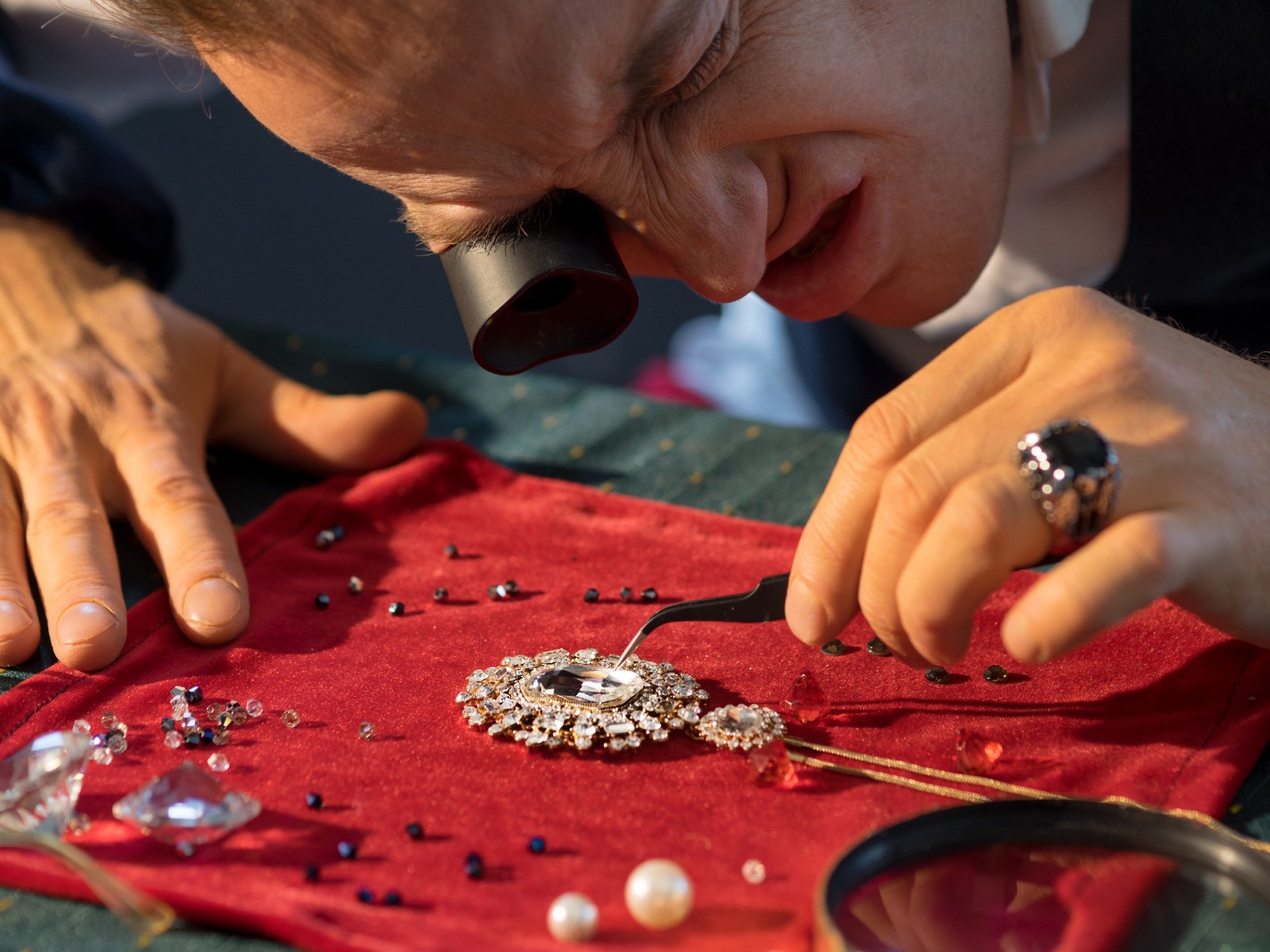
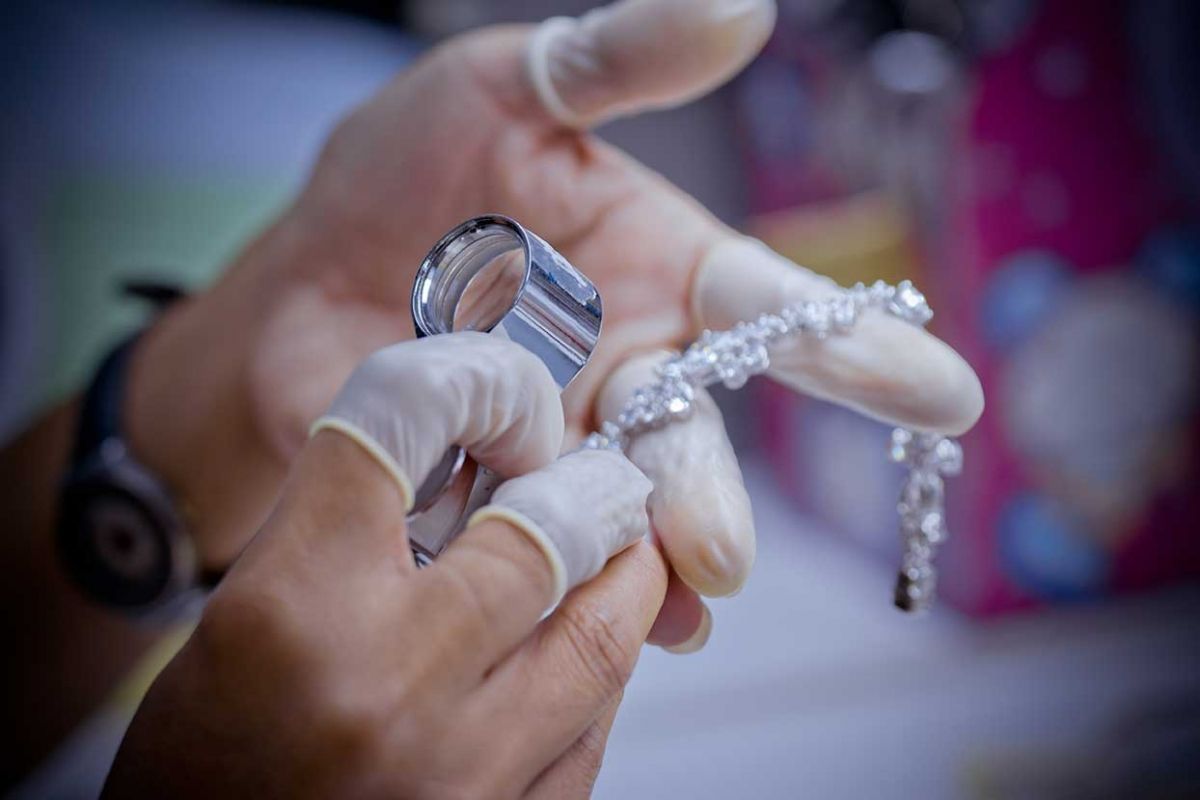

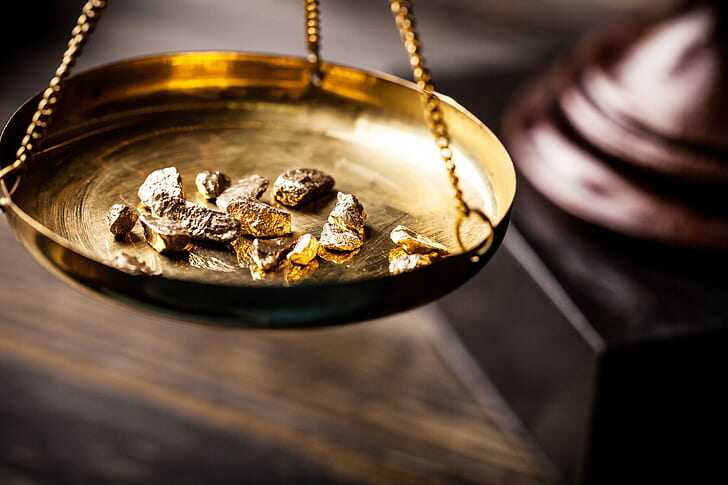
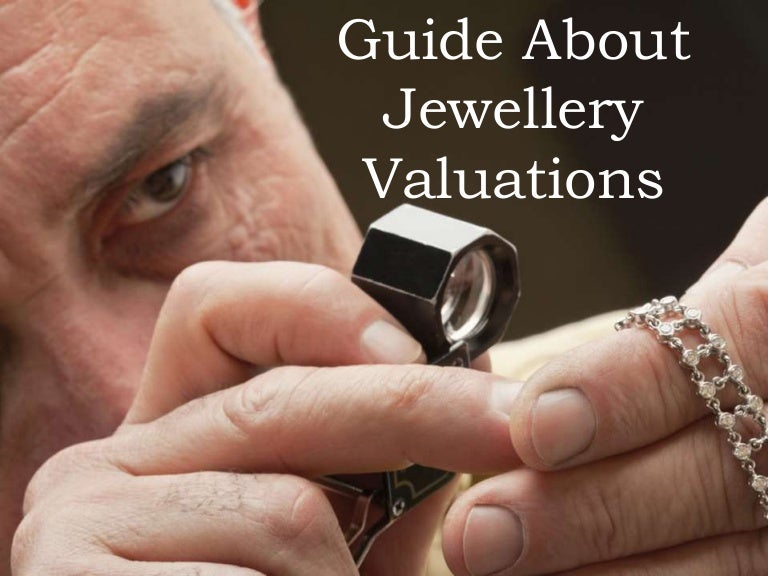
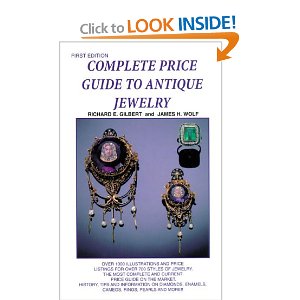

Closure
Thus, we hope this article has provided valuable insights into Navigating the World of Jewelry Valuation: A Comprehensive Guide. We appreciate your attention to our article. See you in our next article!